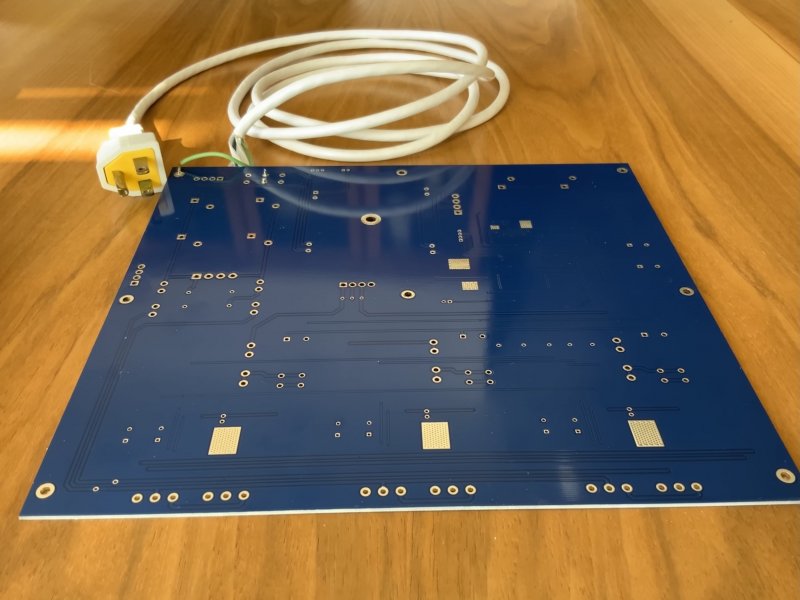Call it what you want it was all basic established ground/earthing strategies nothing to do with ground noise or hum. I wanted to see how the sound changes with various earth setups, wire gauge, wire length, single and multiple connections, various grounding rod types and materials, etc., nothing to do with any particular brand of electronics. What I learnt aside from lowering AC noise is how to change the balance and even tonality of a system via the ground without loss of detail or natural sound which is often sacrificed when people try to lower mains and system noise. It’s no different than working with different materials for racks or turntable platters.
Off, just plugged in not in stdby or turned on. I don’t have anything conclusive Francisco and haven’t figured out how or why either. I found many items affecting the sound in my room, it can be a power strip plugged in to the house circuit or a turntable motor, even some types of pc boards. It can be another piece of audio gear but I’ve found non-mains related audio equipment generally benign. Computers seem to be fine for the most part too. I have no explanation and any rhyme or reason why sound changes simply by plugging something in.
david
 Leave your Desert Eagle and Colt 45 under your pillow ! On second thought, Magnum 44 is probably your favorite test equipment, as you are a Dirty Harry fan like me
Leave your Desert Eagle and Colt 45 under your pillow ! On second thought, Magnum 44 is probably your favorite test equipment, as you are a Dirty Harry fan like me











